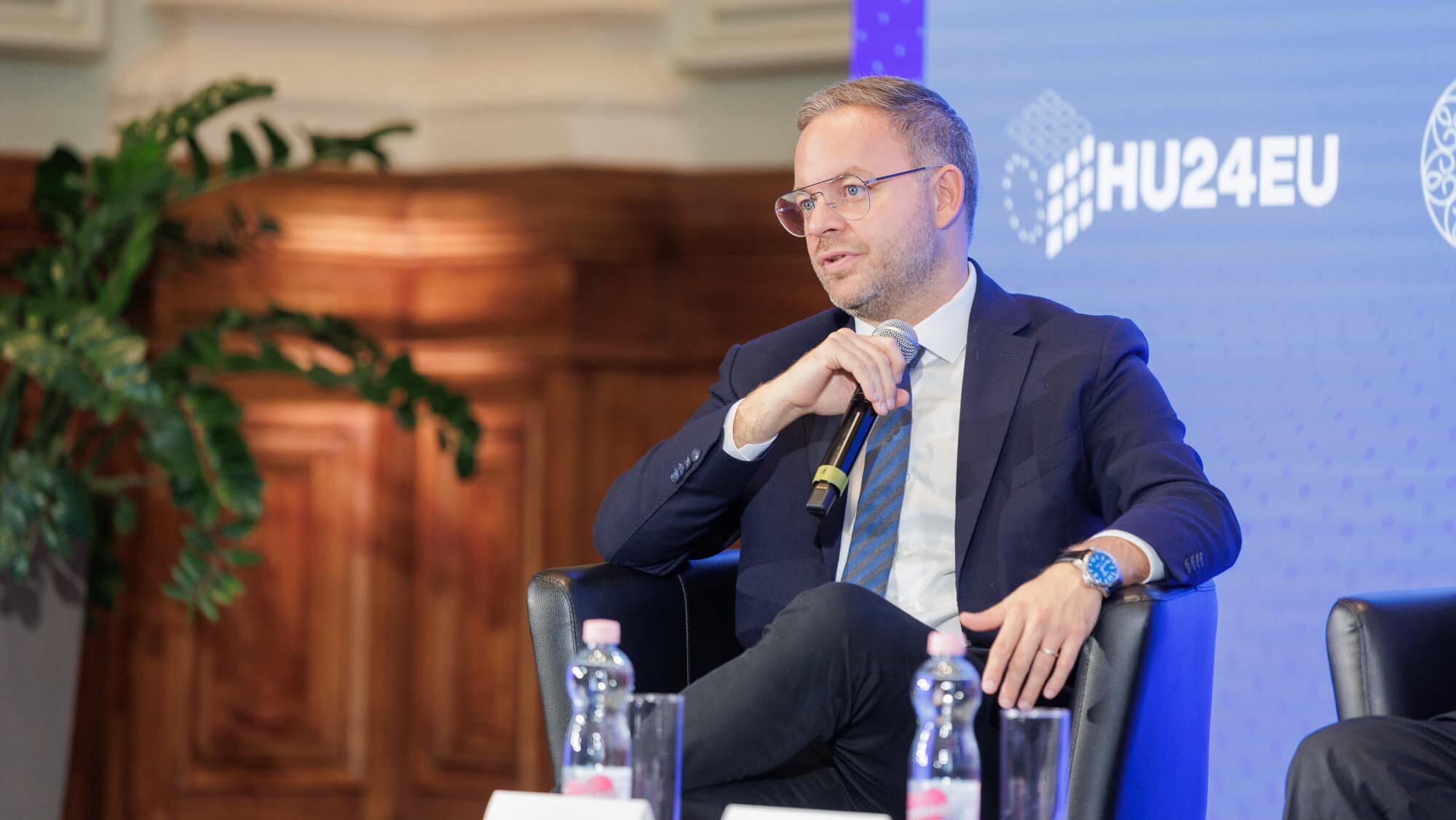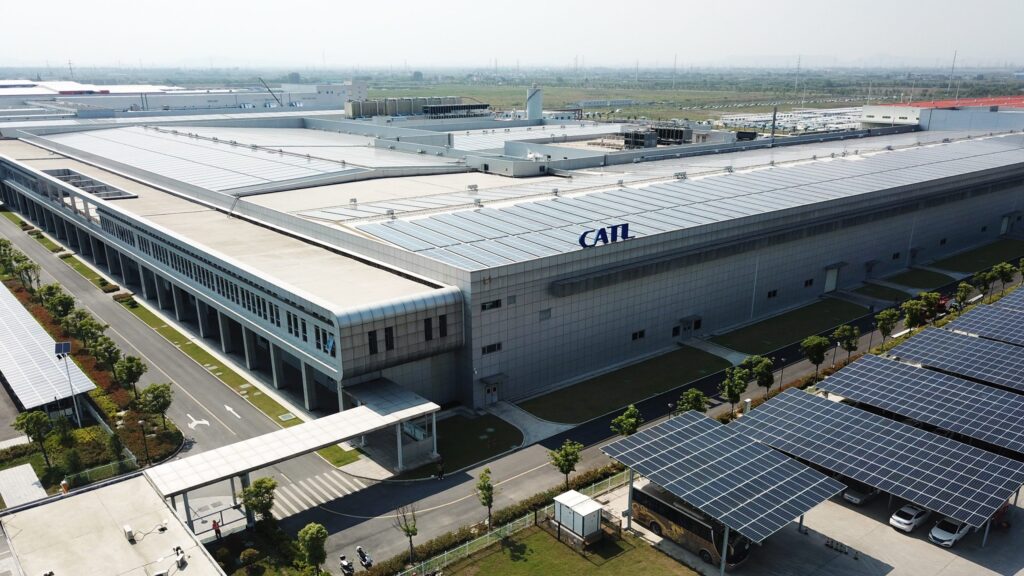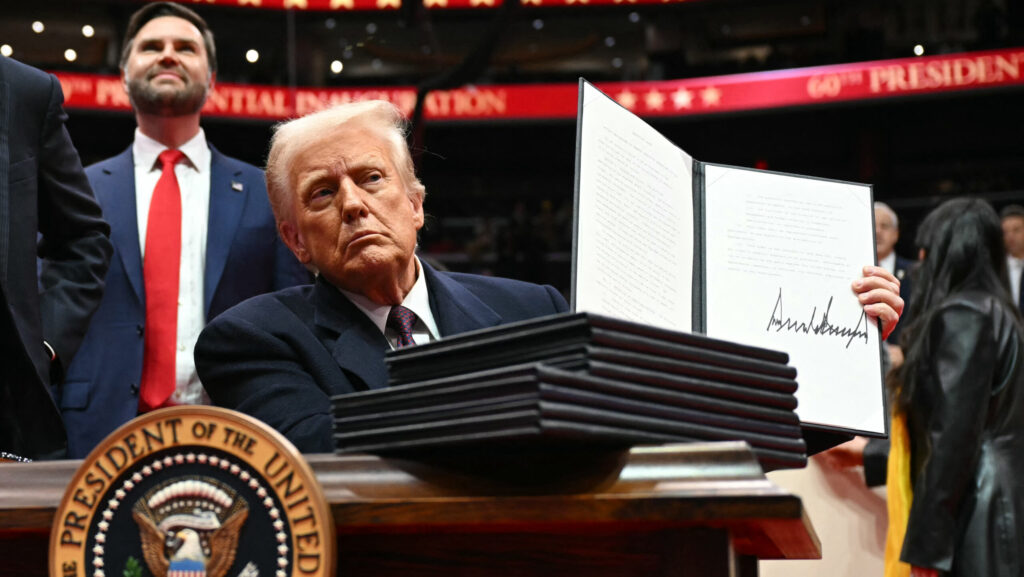Balázs Orbán, Political Director for the Prime Minister of Hungary has given a year-in-review article to the Hungarian business site Portfolio.hu. Given the primary theme of the website, the discussion mainly focused on economic issues, but other topics were mentioned as well.
Mr Orbán started off by seconding the interviewer’s motion that 2024 had been ‘a turbulent year,’ but pointed out that it had continuously been a turbulent time since 2022, the outbreak of the Russo-Ukrainian war. It also happened to be the year when the fifth Orbán administration took office.
‘Today, we can safely say that Hungary has avoided becoming a belligerent party in the [Russo-Ukrainian] conflict and getting involved in the economic Cold War. And from this position it has built up a role of a keystone state in international politics,’ Mr Orbán said. ’At home, we have social peace and security, affordable utility prices, the wartime inflation has passed; we have balanced budgets, wage growth—almost no other European country has all this together,’ he added.
On the flip side, he also talked about the spending the Hungarian government had to do to keep its social programmes and other projects afloat, such as the utility price reduction scheme, the family benefits, pensions, and the development of the armed forces. And it had to do all that while interest rates were high, the Director pointed out.
Overall, Mr Orbán described the year of 2024 as ‘a lot better than the year before, but not as good as what we will see next year’.
Balázs Orbán on X (formerly Twitter): “🔜 As we head into 2025, we’re determined to build a more prosperous future for all Hungarians, therefore the government introduced a 21-point economic action plan. 📈 Here’s a glimpse of what we’ve achieved and what’s to come: / X”
🔜 As we head into 2025, we’re determined to build a more prosperous future for all Hungarians, therefore the government introduced a 21-point economic action plan. 📈 Here’s a glimpse of what we’ve achieved and what’s to come:
As for the volatile performance of the Hungarian Forint on the foreign exchange markets, he said: ‘We would like to see less volatility in the exchange rate, but if the war is over and there is no dollar-euro currency war, the volatility of these smaller currencies will also decrease’.
He also talked about how while the inflation rate was successfully decreased, the country’s GDP still did not grow at the originally projected rate in 2024. Mr Orbán believes that ‘long-term growth in wages’ is the solution to this problem.
Orbán went on to express his hope that the incoming second Trump administration in the United States ‘is committed to ending the conflict’ in Eastern Europe which would be a pivotal event for the region. ‘If there is no threat of war, there is investor interest, if there is no war, there are no sanctions, no energy supply problems, no signs of economic overheating in war zones, but increased production and trade, and thus economic output and wage growth,’ he explained.
The speaker finds it unlikely that the European Union could make up for the projected loss of foreign aid to Ukraine from the United States and thus further prolong the war. He believes that ‘that would be a financial burden the EU could not bear,’ and pointed to Germany cutting its aid to Ukraine in half in 2024 to support his claim.
At the end of the interview, Mr Orbán was asked if investors, creditors, credit rating agencies, and people in general can be confident that 2025 will not be like 2021 in terms of the increase in deficit in Hungary. He answered:
‘There is one data point that gives the government a serious credibility boost: in every election year since 2010, the budget deficit has fallen compared to the previous year. This is unprecedented in Europe. The Orbán government is therefore cannot be accused of electoral overspending in any sincerity.
‘There is one data point that gives the government a serious credibility boost: in every election year since 2010, the budget deficit has fallen compared to the previous year‘
The situation throughout Europe is completely different from what it was before [in 2021]. We are one of the few countries who are also meeting our strict budget deficit commitments for this year and will meet them for next year as well. I would not dare to promise the economic growth rate we had in 2021, 7.1 per cent. Howevr, we will finally see a meaningful recovery – and I don’t think any investor or rating agency will be sad about that. It is hard to argue with the numbers—especially when they are right,’ Balázs Orbán concluded.
Related articles:






